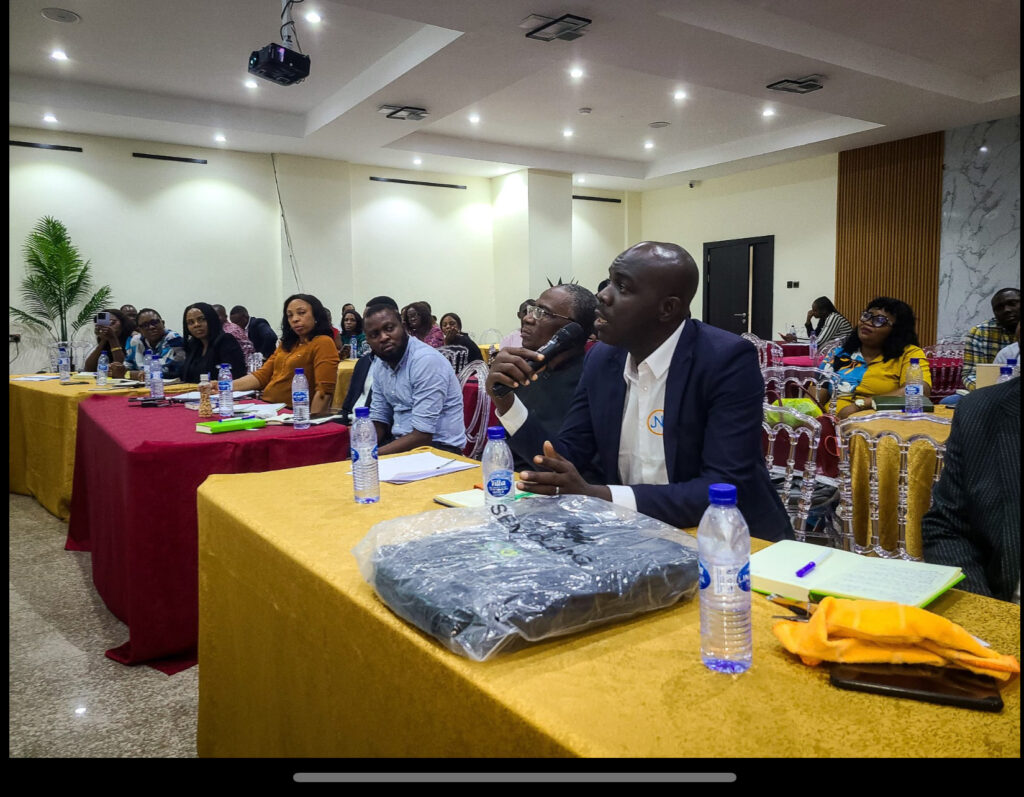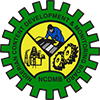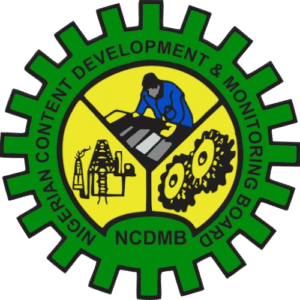Personnel from leading indigenous oil and gas service companies on Monday in Port Harcourt began a 5-day capacity building workshop tagged “ISO Management Training” to acquire appropriate skills promoted by the Geneva, Switzerland-based International Organisation of Standards for enhancedcompetitiveness at the global level.
Sponsored by the Nigerian Content Development and Monitoring Board (NCDMB), the training aims to “provide in-depth knowledge and understanding of how ISO Management System works,” to “identify the different ISO Management Schemes and core requirements” and to “provide information to improve operations and processes within the organization using the ISO Management System Model,” among other things.
Declaring the workshop open, the Director of Planning, Research, and Statistics at the NCDMB, Alhaji AbdulmalikHalilu, said the training was part of the Board’s 10-Year Strategic Road Map, which identifies “Technical Capability Development as a major pillar of success” in the industry, and that the training would help shape the organisations in processes necessary to get them ISO-certified.
He noted with satisfaction the significant achievements of the companies in their respective areas of competency in the oil and gas industry, notably, seismic operations, engineering and drilling services, fabrication, marine, and procurement, among others, and the rapid expansion of their businesses to other oil-producing African countries.
He told the participants that “The cornerstone of any reputable organisation is an effective ISO Management System” that drives processes internally, urging them to appreciate the importance of the training and acquire what their businesses require for continued growth.
“We want you to operate in the global space and therefore you must have all the necessary levers that will enable you to compete globally,” he stated, adding that “ISO Management Systems are important tools for supporting competitive organisations.”
Explaining related benefits of the training being provided, Alhaji Halilu pointed out that “part of the requirements for obtaining Nigerian Content Equipment Certificate from NCDMB is ISO certification” and that “the requisite in-house capacity to drive ISO certification” was of utmost importance.
He assured the companies, which have since 2019 enjoyed “a series of financial and non-financial interventions” by the NCDMB, that “We’ll continue to push you and provide access for you to participate in events” in Africa and elsewhere and that NCDMB would use its leverage with the African Petroleum Producers Organisation (APPO) to create avenues for expansion of their businesses.
In the opening session of the workshop, a resource person, Clement Yari, of Seth Consult, organisers of the event, outlined the scope of the ISO Management Training to include the “Concept of Management Systems, “Structure of Management Systems and Types,” Management System Implementation Systems,” “Integrated Management System,” “Steps to Achieving ISO Certification.”
A Management System, he explained, is “the way in which an organisation manages the interrelated parts of its business in order to achieve its objectives” as relates to product or service quality, operational efficiency, environmental performance, and health and safety in the workplace.
“Project 100 Companies” is a 2019 initiative of the Ministry of Petroleum Resources and the NCDMB “to identify, recognize and nurture wholly-owned indigenous Nigerian oil and gas service companies into large service companies that would create high impact in the economy in terms of job creation, technology development, wealth-creation and other local indicators….”
Discover more from Nigerian Content Development & Monitoring Board
Subscribe to get the latest posts sent to your email.











